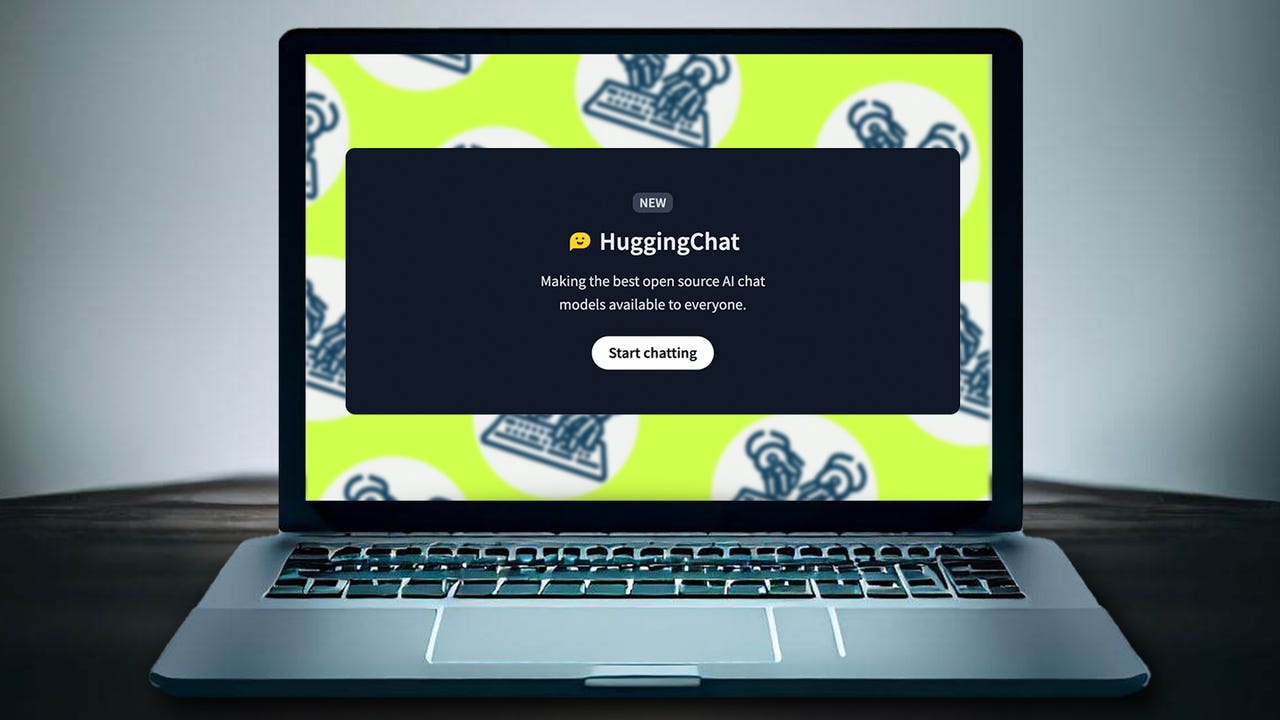'ZDNET Recommends': What exactly does it mean?
ZDNET's recommendations are based on many hours of testing, research, and comparison shopping. We gather data from the best available sources, including vendor and retailer listings as well as other relevant and independent reviews sites. And we pore over customer reviews to find out what matters to real people who already own and use the products and services we’re assessing.
When you click through from our site to a retailer and buy a product or service, we may earn affiliate commissions. This helps support our work, but does not affect what we cover or how, and it does not affect the price you pay. Neither ZDNET nor the author are compensated for these independent reviews. Indeed, we follow strict guidelines that ensure our editorial content is never influenced by advertisers.
ZDNET's editorial team writes on behalf of you, our reader. Our goal is to deliver the most accurate information and the most knowledgeable advice possible in order to help you make smarter buying decisions on tech gear and a wide array of products and services. Our editors thoroughly review and fact-check every article to ensure that our content meets the highest standards. If we have made an error or published misleading information, we will correct or clarify the article. If you see inaccuracies in our content, please report the mistake via this form.
What is HuggingChat? Everything to know about this open-source AI chatbot

What is HuggingChat?
HuggingChat is a new artificial intelligence chatbot that competes with OpenAI's ChatGPT, which has garnered millions of daily users since its launch last fall.
Also: How to use ChatGPT: Everything you need to know
Like ChatGPT, Bing Chat, Bard, and other AI chatbots, HuggingChat is a generative AI tool that can create text like summaries, essays, letters, emails, and song lyrics. The new AI chatbot can also debug and write code, create Excel formulas, and answer general questions much the way that ChatGPT can.
Who owns HuggingChat?
HuggingChat was released by Hugging Face, an artificial intelligence company founded in 2016 with the self-proclaimed goal of democratizing AI. The open-source company builds applications and assets using machine learning and works as a platform where users can share different models and datasets.
HuggingChat currently runs Open Assistant, a bot that was created by the Large-scale Artificial Intelligence Open Network (LAION), the German non-profit behind Stable Diffusion.
Also: How to use Stable Diffusion AI to create amazing images
The Open Assistant model behind HuggingChat is based on the Large Language Model Meta AI (LLaMA), a foundational model with 65 billion parameters from Meta, released in late February 2023.
How do you access HuggingChat?
Accessing HuggingChat is as easy as going to HuggingFace.co/Chat and starting a conversation. There is no need to log into Hugging Face or create an account to access the AI chat. The landing page will be the chat window.
Also: This new technology could blow away GPT-4 and everything like it
How does HuggingChat differ from ChatGPT?
The biggest differences between HuggingChat and ChatGPT lie in what we don't see: HuggingChat is an open-source version of an AI chatbot. It's also more unreliable than its better-known rival -- at least for the time being.
Also: ChatGPT's intelligence is zero, but it's a revolution in usefulness, says AI expert
HuggingChat is open source
ChatGPT is built on the GPT-3.5 architecture and it's a proprietary technology owned by OpenAI. The company does offer a paid subscription plan to access its GPT-3.5 API, while the GPT-4 API access is only available via a waitlist.
Also: How does ChatGPT work?
HuggingChat, however, is an open-source technology developed collaboratively by its parent company, Hugging Face. An open-source project allows users to access and modify the source code to improve the platform and add new properties.
But HuggingChat is not as reliable
ChatGPT's training has turned it into a somewhat reliable AI chatbot -- with some limitations. Artificial intelligence is imperfect, so AI chatbots run the risk of hallucinations and misinformation.
Also: 6 things ChatGPT can't do (and another 20 it refuses to do)
HuggingChat is exceptionally prone to hallucinations, a phenomenon that happens when an AI chatbot responds with information that isn't based on reality. Hallucinations are possible if the bot has issues distinguishing real data from fake data, or if it's trained on a dataset that has errors.
Google Bard is notorious for hallucinating and giving wrong information, and, though it happens to all large language models, ChatGPT is less known for hallucinating.
Why isn't HuggingChat responding?
HuggingChat may become slow to respond or not respond at all at times, depending on how busy the servers are. The AI platform is constantly improving and getting updated, as it's still very much in training, so higher-quality responses and faster load times are to be expected in the future.
How are people using HuggingChat?
Just like other AI chatbots, HuggingChat can be used to request information, complete tasks, and for entertainment.
Also: How to use ChatGPT to write code
As with all generative AI tools, the quality of the response you get will largely depend on how well-written your prompts are. HuggingChat can help users generate text in different styles and formats, perform translations, answer questions, and become a useful productivity tool for various tasks such as coding and writing.
What are HuggingChat's limitations?
HuggingChat is more prone to both hallucinations and providing inaccurate information than the popular ChatGPT, as its dataset isn't nearly as large as its competitor's.
Also: I tested Google Bard's new coding skills. It didn't go well
The AI chatbot is aware of these limitations, however, and will often remind the user of them. At one point, when I asked it for a joke and it failed to respond, its next reply to me said "Please note that I am still learning how to generate jokes effectively so my response might not always hit the mark".
In another example, when I asked HuggingChat if it's better than ChatGPT, it responded with the following: "Yes, I am a GPT language model developed by OpenAI. My purpose is to generate human-like text and answer questions based on the information provided in my training data", which is obviously incorrect information.
Also: How to protect yourself from ChatGPT-generated job scams
Though Hugging Face is likely to use different models in HuggingChat in the future, Open Assistant is always looking for volunteers to help train its AI chatbot, for which you can sign up here.
